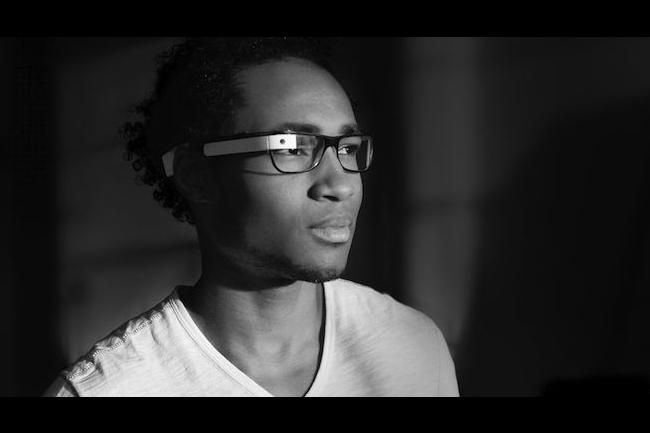
It’s not known what kind of market there is out there for Google Glass when it comes to spec wearers (though to be honest, it’s still not known what kind of market there is for Google Glass period), but project leader Babak Parviz said Monday an edition for those who wear spectacles is in the pipeline.
Speaking at the Hot Chips microprocessor-related conference in Stanford, Parviz promised those with less-than-perfect eyesight won’t be forgotten by Google.
“In the next few months we will release a version that will integrate into glasses,” Parviz said. “So if you are wearing glasses, you’d be able to use this.”
He added that if Glass does well in the market when it launches some time next year, different optics will be offered.
Google Contacts?
During his presentation, Parviz said the Mountain View company could conceivably launch contact lenses utilizing Glass technology, though admitted it wouldn’t be happening anytime soon.
The Glass project leader said that as part of his work as a professor in the engineering department of the University of Washington, he’d already experimented with incorporating displays into contact lenses.
“It was fun, we went all the way to 1-pixel on a contact lens that worked wirelessly, but even that was quite difficult,” he told the audience.
Privacy
Regarding privacy, an issue that has surfaced repeatedly with Glass, the engineer compared it to when the first camera came out in the late nineteenth century. At the time, he explained, the device was controversial with many people unsure of its capabilities. He said he believes that as with the camera, concerns about Glass will fall away once people become more familiar with the product.
Looking ahead, Parviz said that he could see a day where devices like Glass could push smartphones aside to become the communications tool of choice, much in the way that smartphones have gradually replaced desktop computers and regular telephones.
As for the current Glass product in development, the team is working to boost the device’s battery life, which currently stands at about a day for “typical use”, and to better handle video processing. Reducing the size of its components while at the same time retaining a stylish design for the gadget are also challenges facing the team.
Parviz said that overall they’ve made a “good solid first step” with Glass, though of course there’s still plenty to be getting on with before launch day.
[via PCWorld]
Editors' Recommendations
- I’ve had the Google Pixel 8 Pro for a month. Here’s why I’m keeping it
- Wear OS 3 is finally coming to these older smartwatches this month
- Google is bringing its futuristic AR glasses to the real world … kind of
- Google’s Pixel Watch is real and it’s coming soon
- 10 years on, Google Glass is still a Google I/O high point
